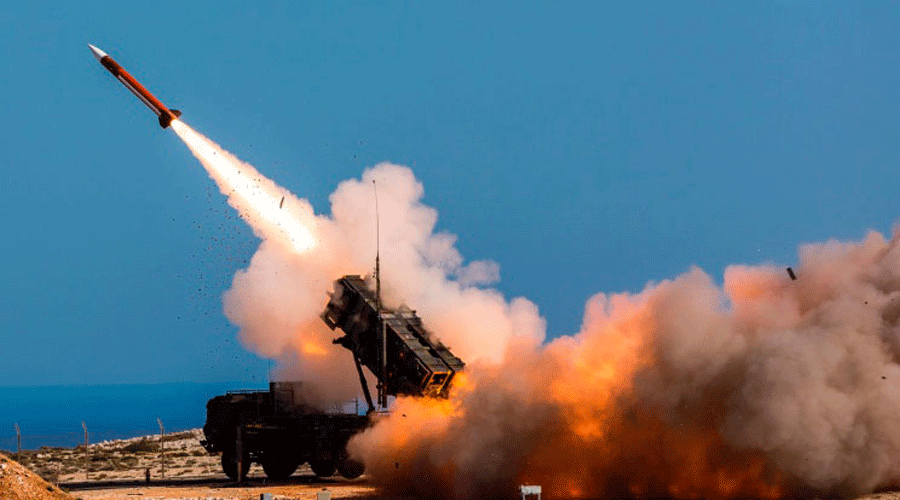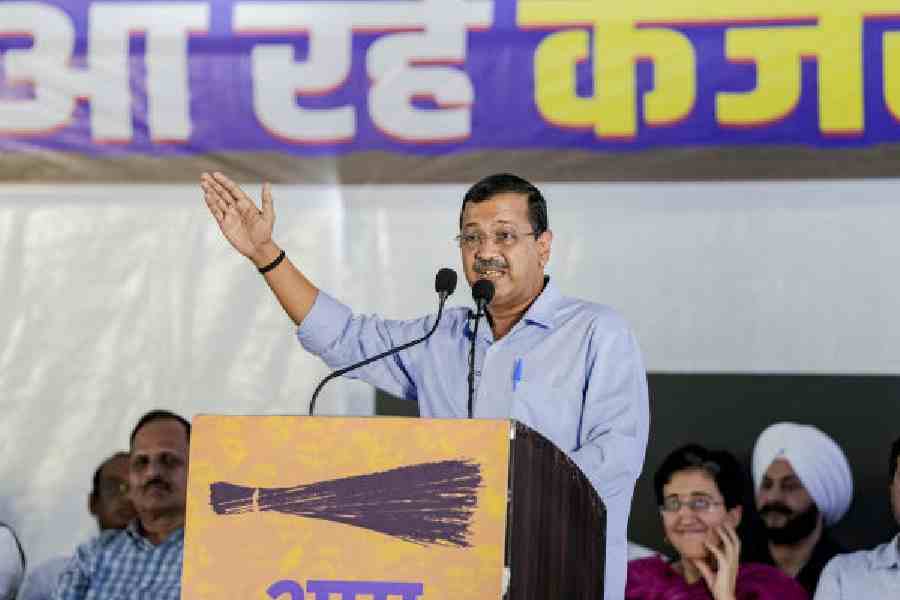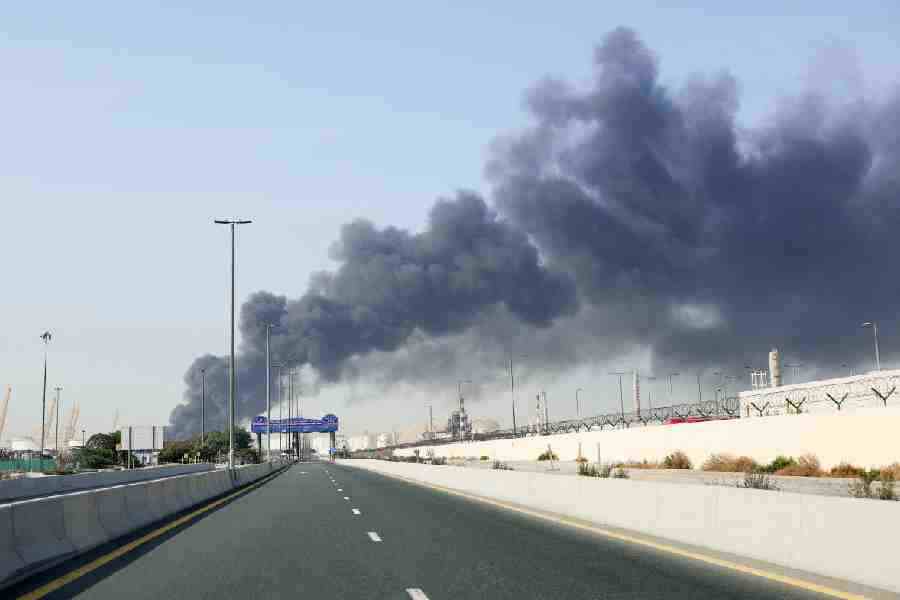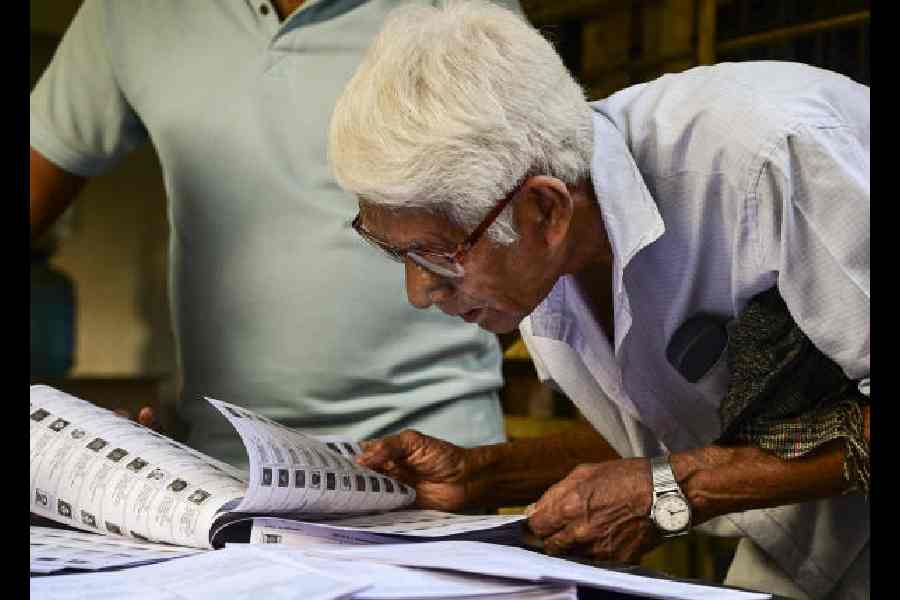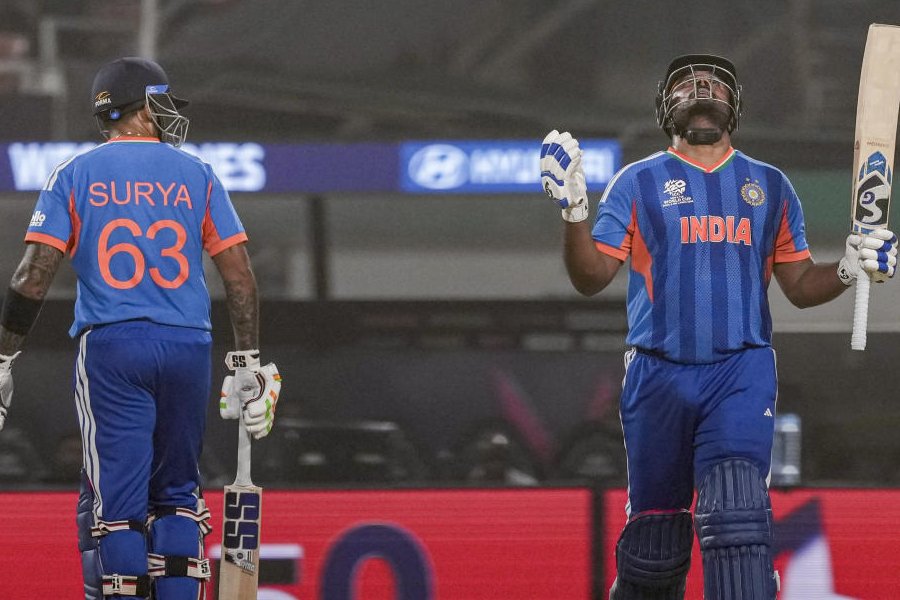A bitter political and diplomatic rift between Germany and Poland, both important members of the EU and Nato, has worsened as Russia’s war in Ukraine has ground on, undermining cohesion and solidarity in both organisations.
The toxic nature of the relationship was underscored recently by a German offer to provide two batteries of scarce and expensive Patriot air defence missiles to Poland after a Ukrainian missile strayed off course and killed two Poles last month in the little town of Przewodow.
Poland initially accepted the offer of the Patriots, then rejected it. They then insisted that the batteries be put in Ukraine, a non-starter for Nato since the missile systems would be operated by Nato personnel. After considerable allied concern and public criticism, the Poles now seem to have accepted the missiles again.
“This whole story is like an X-ray of miserable Polish-German relations,” said Michal Baranowski, the regional managing director of the German Marshall Fund in Warsaw. “It’s worse than I thought, and I’ve watched it a long time.”
Poland has long been wary of Germany; Hitler’s invasion in 1939 was the start of World War II. It was also critical of Germany’s policy of Ostpolitik, the Cold War effort at rapprochement with Moscow and the countries of Eastern and Central Europe occupied by the Soviet Union.
Democratic Poland consistently criticised German dependency on Russian energy and the two Nord Stream pipelines that were designed to take cheap Russian gas directly to Germany and bypass Poland and Ukraine. The Russian invasion of Ukraine has only intensified the view in Poland that Germany’s close relations with Russia and President Vladimir V. Putin were not just naïve but selfish and, possibly, just on hold rather than permanently sundered.
Both sides have made mistakes in the current dispute, said Jana Puglierin, the Berlin director of the European Council on Foreign Relations. “The relationship has been deteriorating for years, but it’s peaking now and doing real damage,” she said. “There is a gap emerging between Europe’s east and west, old Europe and new Europe, and that’s beneficial only for Vladimir Putin.”
Germany thought this gesture of military help would be “an offer that was too good to be refused,” and would help convince Poles that Germany is a reliable ally, said a senior German diplomat, who would speak only anonymously in accordance with diplomatic practice. After all, he said, the Poles themselves are trying to buy Patriots, a surface-toair, antimissile system, “so we wanted to make this government’s caricature of Germany more hollow.”
But after the Polish defence minister and the President quickly accepted the offer, Jaroslaw Kaczynski, the powerful 73-year-old leader of Poland’s governing Law and Justice party, rejected it just two days later.
Not only did he insist that the Patriots go to Ukraine, but he suggested that Germany, which he regularly attacks as siding with Russia over Poland, and whose soldiers would be operating the Patriots, would not dare to confront Russia. “Germany’s attitude so far gives no reason to believe that they will decide to shoot at Russian missiles,” Kaczynski said.
New York Times News Service

